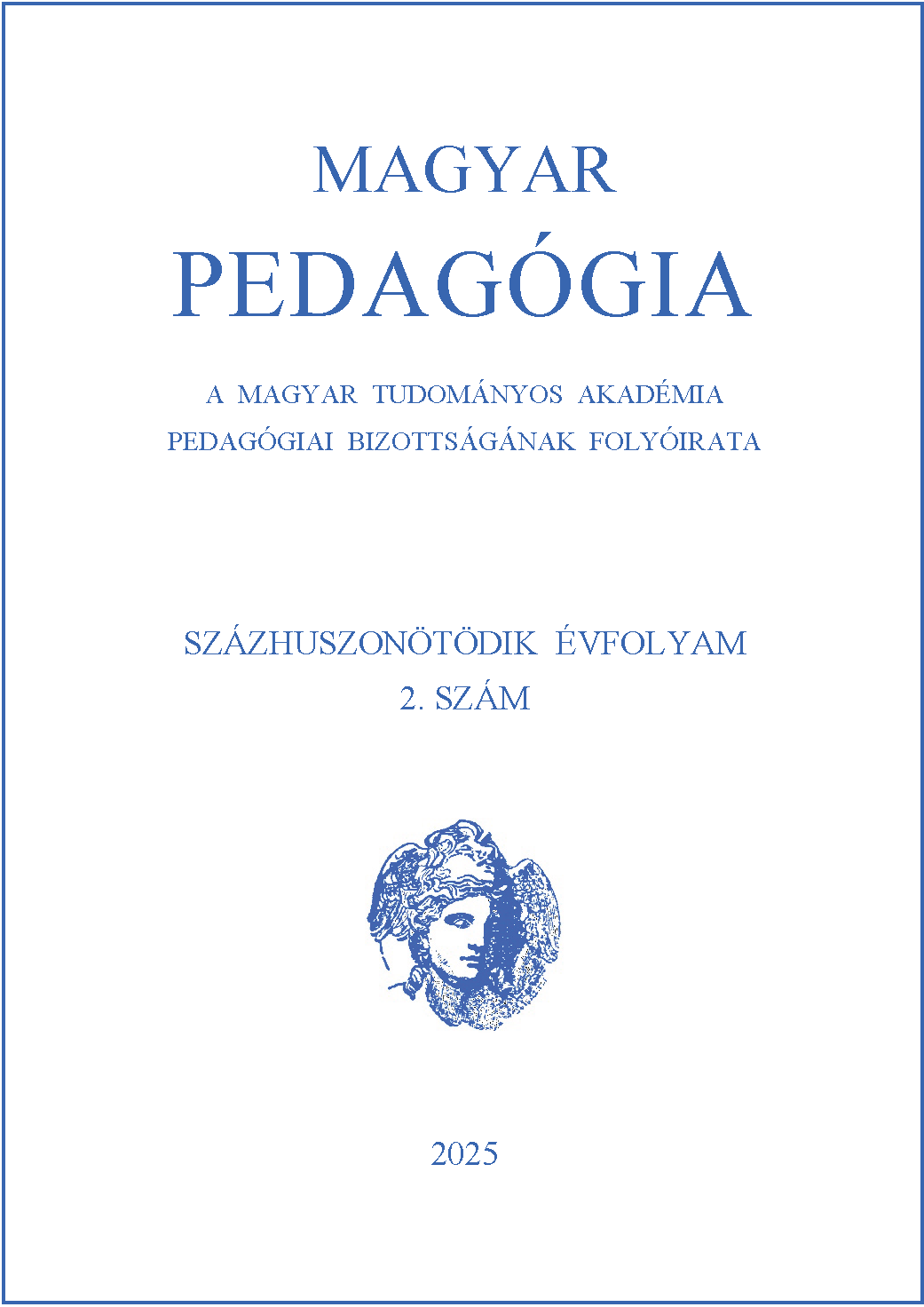Adaptation of the Hungarian version of the Math-Up Skills Test for university chemistry students
Main Article Content
Abstract
Given the diverse competences of students entering higher education, measures to help identify students who may be falling behind are becoming more relevant. This is also the case in science learning, where mathematical knowledge plays an important role. One group of measures that are available assesses mathematical and numerical skills. In our pilot study, we translated and adapted one of these tests, the Math-Up Skills Test (Albaladejo et al., 2018), into Hungarian. The test consists of 20 items, is paper-based, takes 15 minutes to complete and does not allow for the use of any aids. Two equivalent versions of the test are available, and it specifically measures the arithmetic skills most needed in the academic learning of chemistry. The adaptation was carried out among 11th-grade students with a high probability of pursuing a career in science in five classes (N = 129) from one small-town school and one county-seat high school. The administration of the test took one class period, during which data on the students’ demographic, affective and academic background were collected using a background questionnaire. The results indicate that the Hungarian version of the test has good reliability (Cronbach’s alpha = 0.87). The two test versions are equivalent in terms of total score and distribution. The overall test score was 60.60% (SD = 25.35%); the hardest item was the square root of a product, and the easiest item was the simplification of a fraction. We also examined the relationship of performance on the test with background data, identifying significant differences between subsamples along several variables (e.g., location of secondary school, level of mathematics studied, feeling behind in mathematics). Based on the adaptation experience, the test has undergone some formal improvements and changes, and we plan to use the final version among university students studying general chemistry. The ultimate goal of our research is to construct a predictive model with the total test score as an independent variable, where the output variable is representative of performance in chemistry learning (e.g., grades, grade point average).

